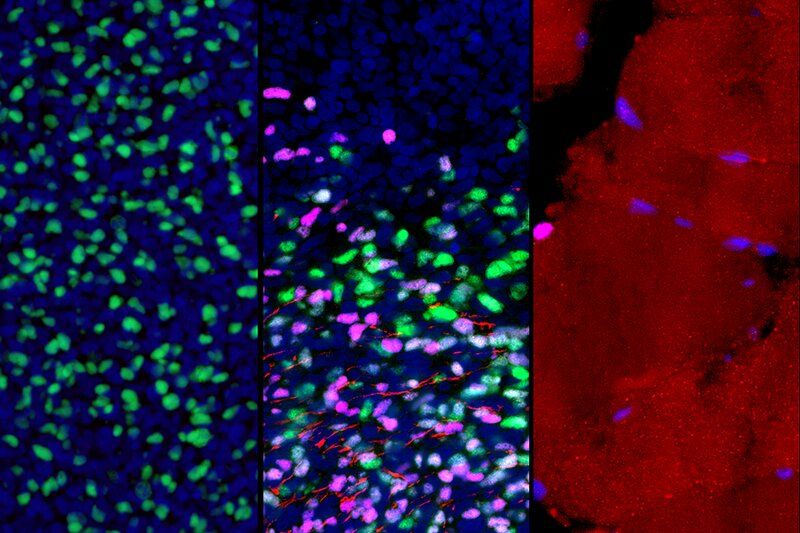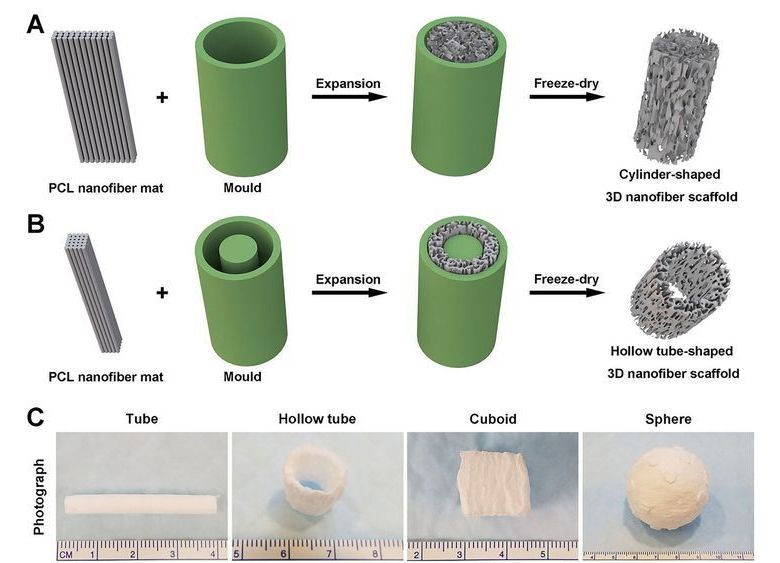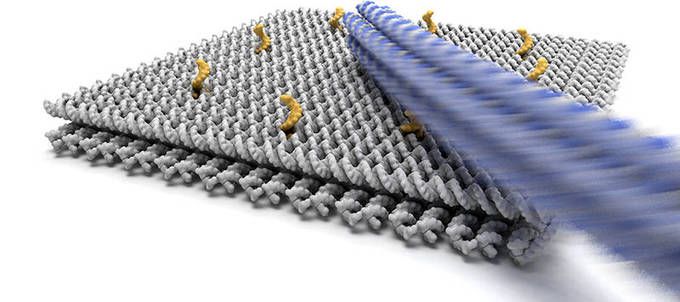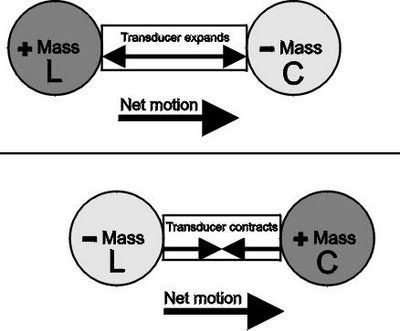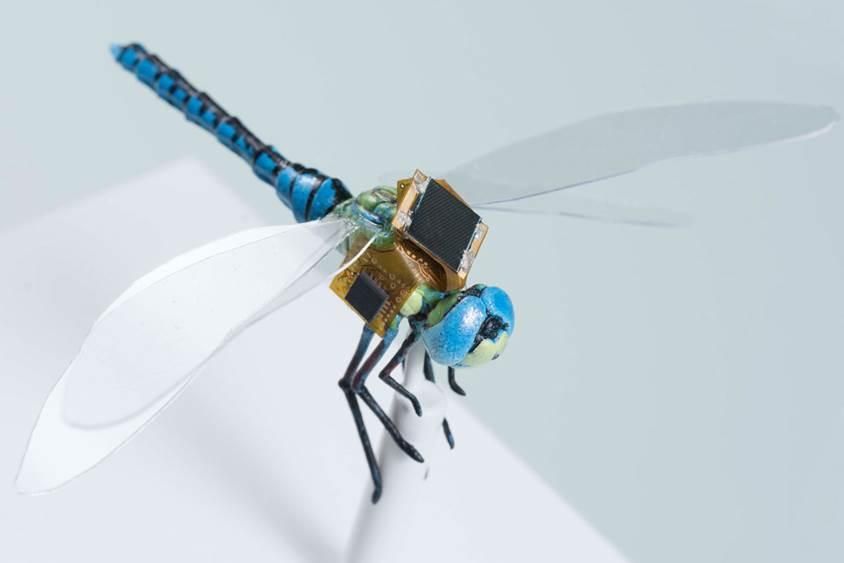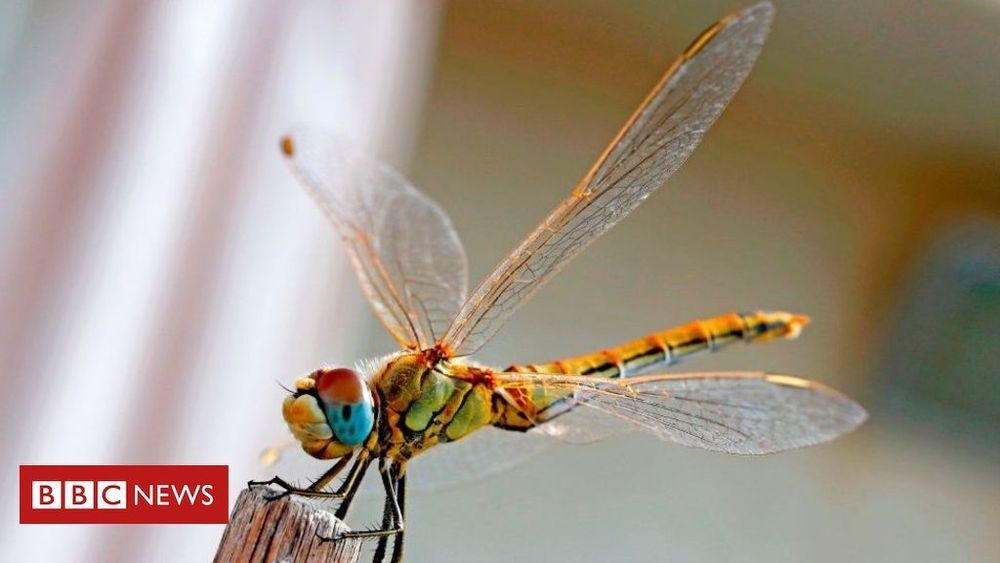(Bloomberg) — Elon Musk’s Space Exploration Technologies Corp. is seeking almost $656,000 in new funding from California in the midst of the billionaire’s battle over whether Tesla Inc. should be reopening its plant in the state.
SpaceX’s request for funds to train existing workers and hire new ones will go before the state’s Employment Training Panel on May 15, one week after the county that’s home to Tesla’s factory sought to block the facility from resuming operations. The company sued the next day, and its chief executive officer threatened to move Tesla’s headquarters, future programs and potentially its manufacturing out of the state.
Musk, 48, appears to be prevailing in the stand-off. He tweeted Monday that Tesla was restarting production in spite of Alameda County’s order and said that if anyone is arrested, he wanted to be the only one.

